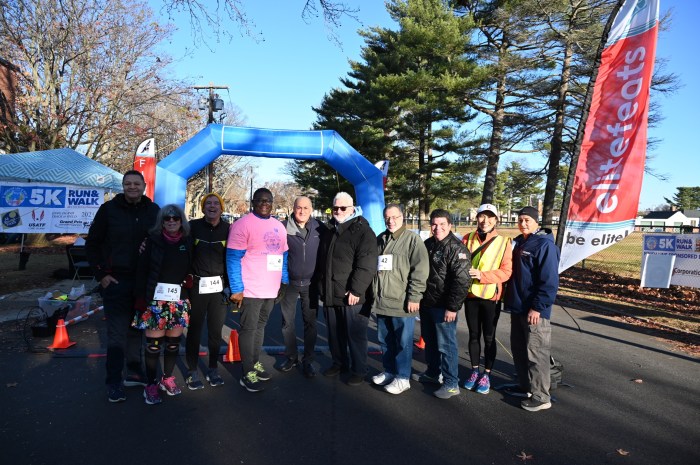
The Mineola Village Board recently voted to commission a village-wide parking study to analyze vehicle turnover. The village is looking for bids that should arrive in a few months, officials said.
“This encompasses the entire village,” Mayor Scott Strauss said. “It’s something we think is sorely needed.”
The study will encompass metered spaces, commuter parking and general parking regulations that vary “block to block,” Strauss said. He stated managing the congestion will be at the forefront of the study.
“Maybe they’ll tell us whether we should or shouldn’t relocate parking fields?” he said. “Maybe what is now a commuter lot should be a metered lot? There will be discussions.”
Mineola maintains five residential permit lots, including 70 spots at the train station site, including two additional lots at Third and First streets, totaling 500 village commuter spots near the Mineola Long Island Rail Road Station, officials said. Permits cost $55 per year.
This does not include the MTA-run, 900 parking spot intermodal center on Third Street.
Though that sounds like plenty, the sheer volume of passengers commuting from the station makes every morning a mad dash for parking. Furthermore, the intermodal center allows long-term parking for $12 per day, creating additional issues for daily commuters.
Parking in Mineola is free after 6 p.m., which opens up the 1,500 parking meters that span the entire village.
“It’s a mess at times,” Strauss said of the parking. “There’s no standardization. So we’ll look to
the experts.”
“If they want to bid on it, they’d have to send us a proposal,” he said. “We’ll weigh it all out to see who can help us with it. No one will know the answer until subject-matter experts give it to us.”
Mineola is also in preliminary discussions in conducting a traffic flow study as it relates to a possible influx of drivers. The parking study and potential traffic check-up is separate from recent studies commenced during residential development talks on the Village Green.
“We will look to do a traffic flow study,” Strauss said. “But we need to get a handle on our parking. I always say parking is a good problem to have. Not having enough is a problem.”





























